
Luo Tong, Chinese Script Translation
Luo is a director, specialist in Greek theatre and resident expert at Shanghai Theatre Academy. A graduate from the Department of Directing at The Central Academy of Drama, she furthered her studies in Greece in the 90s and graduated in Theatrology from the School of Philosophy of the National and Kapodistrian University of Athens. She has been engaged in the study of ancient Greek theatre and Sino-Greek cultural exchange. Her directing credits include Oedipus Rex, The Birds, and among her translated works are The Frogs and Agamemnon.

Michail Marmarinos, Director
Artistic director of Theseum Ensemble, Marmarinos’ productions have been staged in Greece and presented at festivals in France, Germany, Italy, Georgia, Poland, Japan, Korea and China. His notable works include National Anthem, Akropolis Reconstruction, Agamemnon and Noh drama Nekyia. In 2016, he was nominated a Chevalier de l’Ordre des Arts et des Lettres by the Ministry of Culture of France.

Huang Fangling, Revival Director
Huang is a National Second Class Actor and an actor at the Shanghai Dramatic Arts Centre. She obtained her Master’s degrees at the Shanghai Theatre Academy and the Tisch School of the Arts in New York. She won Second Class Performance Prize of the Professional Group at the 4th CCTV Drama Contest in China and Best Actor at the 2nd People’s Liberation Army Art Performance. She has directed Old Times and Henry V, and performed in Letter to a Child Never Born, Hudec and Noises Off.

Dimitris Kamarotos, Composer
Kamarotos is mainly engaged in music composition, sound design and sound dramaturgy, and specialises in the common reactions and chanting of the chorus in Greek tragedies. He has worked with arts festivals and theatres such as the Epidaurus Festival, Comédie-Française and National Theatre of Greece, and created music for more than 120 productions.

Zhao Han, Dramaturg and Rehearsal Translator
A dramaturg and translator, Zhao assists directors on the literary and historic sides of theatre-making. His recent works include Mrożek Shorts (directed by Tan Shaoyuan and Zhang Nan, 2021), Macbeth (commissioned by the Royal Shakespeare Company, 2018) and A Number (directed by Zhang Nan, 2018).

Yorgos Sapountzis, Set and Costume Design
Sapountzis was born in Athens and lives in Berlin. He studied at the Department of Conservation of Antiquities and Works of Art of the Technological Educational Institute of Athens and College of Fine Arts of Berlin University of the Arts. His multimedia works engage with both public and private spaces. Taking public monuments, everyday images and objects that represent collective and personal memory as the starting point and through installations made from the materials and objects he collects every day, he reconstructs the scenography of a city.
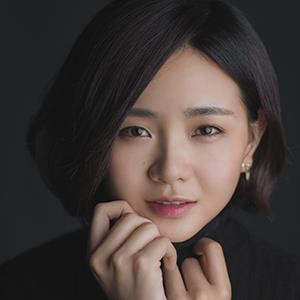
Fan Yilin, Actor (as Electra)
Fan is an actor at Shanghai Dramatic Arts Centre and a graduate of the Shanghai Institute of Visual Arts of Fudan University. She was awarded New Actor in a Supporting Role at the 26th Shanghai Magnolia Stage Performance Awards, New Actor in a Leading Role at the 29th Shanghai Magnolia Theatre Performing Arts Awards, and Best Actress at the 22nd and 23rd Zuolin Dramatic Arts Awards. She has appeared in The Scholar and The Executioner, Under the Roofs of Shanghai and Abyss.
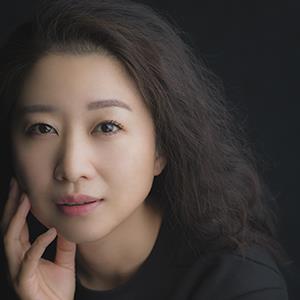
Li Chentao, Actor (as Clytemnestra) and Chorus
Graduated from the Shanghai Theatre Academy, Li is a National First Class Actor and an actor at the Shanghai Dramatic Arts Centre. She was awarded Excellent Performance by the Ministry of Culture of People’s Republic of China in 1997, won Best Actor in a Supporting Role at the 29th Shanghai Magnolia Stage Performance Awards, the 22nd and 23rd Zuolin Dramatic Arts Awards, and the 8th International Theatre Academy Awards. Her works include Everlasting Regret, Uncle Vanya and Doubt: A Parable.
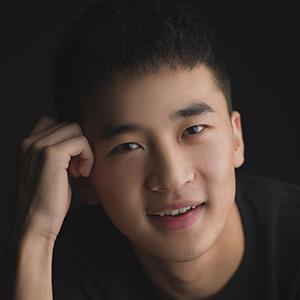
Chen Shan, Actor (as Orestes) and Chorus
Graduated from the Modern Creative Media College of Beijing Film Academy, Chen is an actor at the Shanghai Dramatic Arts Centre and the recipient of Best New Actor and Best Actor at the 24th and 25th Zuolin Dramatic Arts Awards, respectively. His credits include The Wave, The Dream of the Red Chamber and Abyss.

Zhou Zidan, Actor (as Chrysothemis) and Chorus
A graduate of Xie Jin Film and Television Art College of Shanghai Normal University, Zhou is currently an actor at the Shanghai Dramatic Arts Centre. She has appeared in The Play That Goes Wrong, The Unexpected Guest, And Then There Were None, The Wave and Death of a Salesman.

Zhang Qi, Actor (as Aegisthus) and Chorus
Zhang is a National First Class Actor and an actor at Shanghai Dramatic Arts Centre. He has performed in the dramas I Don’t Want to Be Friends with You, Henry V and Uncle Vanya.
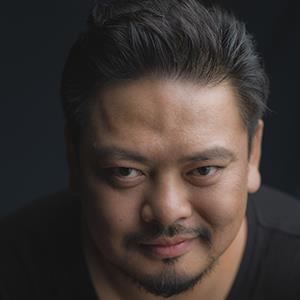
Zhou Tingchao, Actor (as Paedagogus) and Chorus
Graduated from Xie Jin Film and Television Art College of Shanghai Normal University, Zhou is a National Second Class Actor and an actor at the Shanghai Dramatic Arts Centre. Among his works are The Age of Awakening, In Hell or Earth, 4:48 Psychosis and Uncle Vanya.
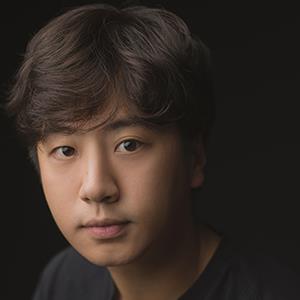
Wang Yicheng, Actor (as Pylades) and Chorus
A graduate of the Xie Jin Film and Television Art College of Shanghai Normal University and an actor at the Shanghai Dramatic Arts Centre, Wang has appeared in The Savage Land, Deep in the Heart, Abyss and I Don’t Want to Be Friends with You.
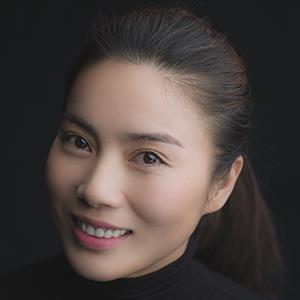
You Mei, Chorus
You is a graduate of the Shanghai Theatre Academy, a National First Class Actor and an actor at the Shanghai Dramatic Arts Centre. Her works include appearances in dramas like The Age of Awakening, Deep in the Heart and Death of a Salesman, musicals Mamma Mia! (Chinese version) and With Love, William Shakespeare.

Si Kun, Chorus
Si, graduated from the Shanghai Theatre Academy, is a National Second Class Actor and an actor at the Shanghai Dramatic Arts Centre. Among his works are Everlasting Regret, 12 Angry Men, Henry V and I Don’t Want to Be Friends with You.
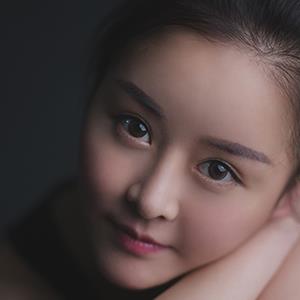
Liu Yichen, Chorus
A graduate of the Shanghai Theatre Academy and an actor at the Shanghai Dramatic Arts Centre, Liu’s works include appearances in The Dream of the Red Chamber, Doubt: A Parable and The Scholar and The Executioner.
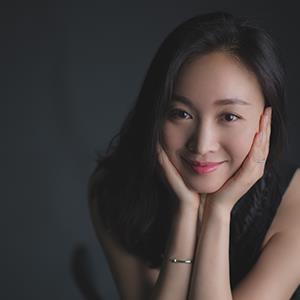
Zhang Jing, Chorus
Zhang graduated from the Shanghai Theatre Academy and joined the Shanghai Dramatic Arts Centre as an actor. Her credits include The Age of Awakening, No 19 Wu Kang Road and Chaplin.
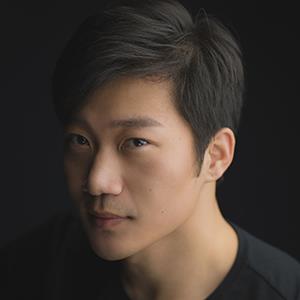
Zhang Shan, Chorus
Zhang, a graduate of the Shanghai Institute of Visual Arts of Fudan University and an actor at the Shanghai Dramatic Arts Centre, has appeared in The Dream of the Red Chamber, I Love Peach Blossom, The Play That Goes Wrong and And Then There Were None.
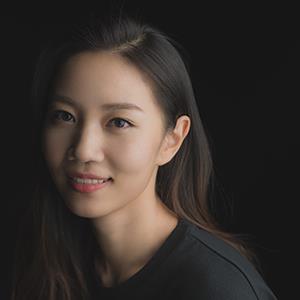
Liu Qi, Chorus
Graduated from the Shanghai Theatre Academy, Liu’s works include appearances in The Dream of the Red Chamber, Everlasting Regret, Into the Sky and No 19 Wu Kang Road.
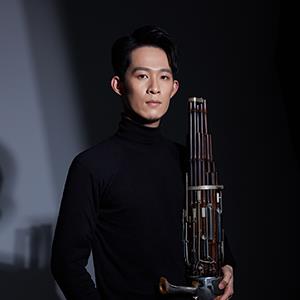
Dai Zifan, Live Sheng Performance
Dai is the music director of China Beaufin National Orchestra and a member of the Sheng Professional Committee of China Nationalities Orchestra Society. He studied the sheng under Xu Chaoming and Wu Wei. Recently, he has composed and premiered several modern sheng pieces, and worked in electronic music projects and opera productions.
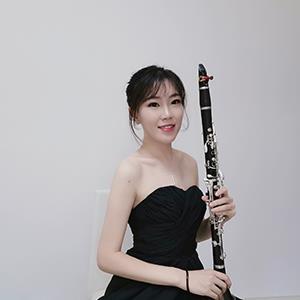
Cai Qicheng, Live Aulos Performance
Cai graduated from the Shanghai Conservatory of Music with a Master’s degree in Clarinet Performance and founded Shenzhen Poco Chamber. She was an award recipient of the Hong Kong International Youth Clarinet Competition in 2014 and the National Clarinet Quartet Competition organised by the Shanghai Conservatory of Music in 2018. She has taken part in recitals, chamber and orchestral performances.

Shanghai Dramatic Arts Centre
The Shanghai Dramatic Arts Centre is an outstanding theatre company in Mainland China and the only national theatre in Shanghai dedicated to dramatic arts. Since its inception 28 years ago, it has created nearly 360 stage productions, and won awards including National Fine Stage Arts Project Award, Wenhua Prize, Plum Blossom Award for Chinese Theatre, Cao Yu Script Award and the Golden Lion Award for Chinese Drama.